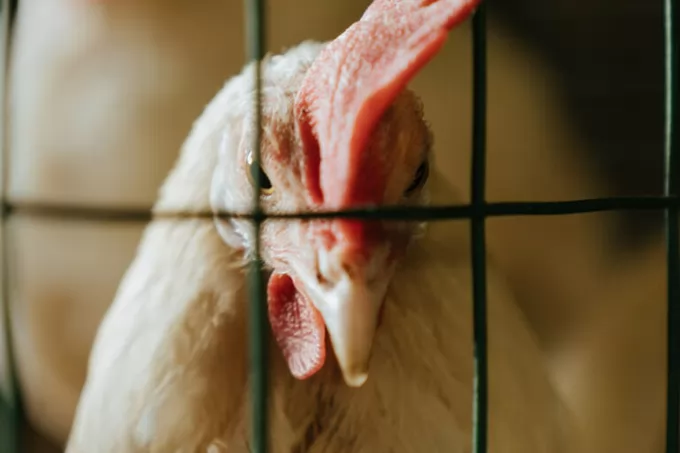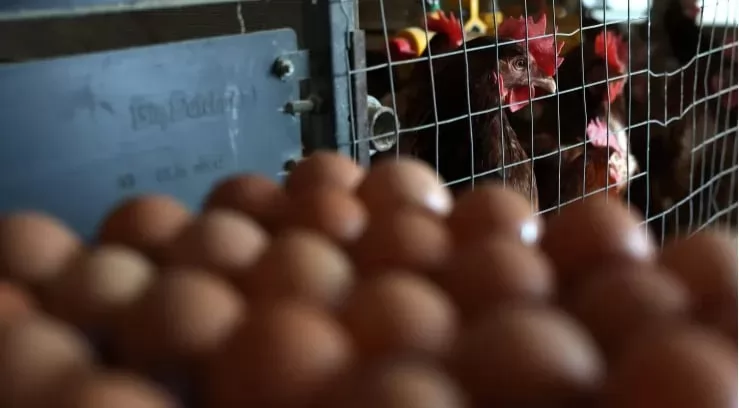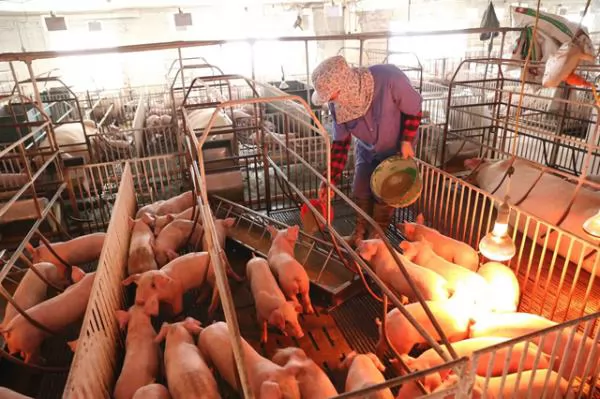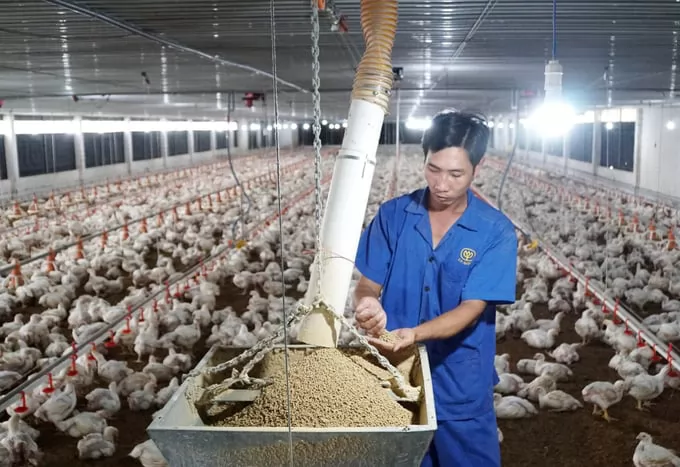Environmentalists call for a revision of poultry welfare standards

Voice of Animals, a Russian NGO, has prepared amendments to the draft veterinary regulation in the poultry industry in the interest of the welfare of the birds. Photo: Canva.
(VAN) Voice of Animals, a Russian NGO, has prepared amendments to the draft veterinary regulation in the poultry industry, which is scheduled to come into force on 1 August 2025.
The environmentalists propose a radical change in the long-neglected animal welfare standards, which currently allow for practices that many consider inhumane.
The “barbaric methods” of slaughtering day-old chicks, through suffocation or freezing in plastic bags are proposed to be banned. Voice of Animals also seeks to increase the minimum allowable height of the cages and expand the living area. They explain that this step is necessary for laying hens to meet their behavioural needs and lower the risk of pecking.
Banning free-range farming – a fierce debate
One of the most controversial proposals is expanding walking opportunities for birds, which includes installing ramps to facilitate access to the walking area. Under the original version of the veterinary regulation, the Russian Agricultural Ministry planned to limit poultry’s ability to move freely, including by banning free-range farming. This idea sparked fierce debates in the Russian industry and scientific community.
As a result, in September 2024, the latest version of the veterinary rules saw the light, allowing free-range poultry farming for farms keeping less than 1,000 heads and organic producers.
Temperature and air quality
Several other rules of poultry welfare standards are proposed to be adjusted.
“The temperature and gas composition of the air are also important for the health and well-being of birds. At farms, they often suffer from harmful impurities of carbon dioxide, ammonia, dust, and high temperatures. The birds on the upper tiers of cages, where it is hottest, have the hardest time,” the environmentalist said in the appeal.
Voice of Animals suggests limiting the presence of harmful gases and dust to a level safe for birds and maintaining the same air temperature on all tiers of the cage.
Lighting regime
In addition, the environmentalists propose improving the lighting regime for keeping birds, guaranteeing them a long rest at night. Such a move should not only come at a certain cost for the farmers but also bring benefits. In particular, the organisation said, this should significantly strengthen the immune system and reduce stress.
“Birds are the most numerous and vulnerable category of animals used in agriculture. The proposed changes will reduce stress factors, injuries and chronic diseases, that is, make their situation less painful,” the scientists claimed.
The Russian officials have yet to react to the initiative.
H.D
(Poultryworld)
Maybe you are interested

Egg prices are rapidly falling so far in March
Egg prices have fallen sharply so far in March on some progress in ending a shortage, giving consumers some much-needed relief with the supermarket staple.

Hà Nội needs to accelerate farm economy
HÀ NỘI - Hà Nội's farm economy in suburban districts has developed well in both quantity and quality with high turnover and creating jobs for thousands of workers in recent years.

Science and technology help Vietnam's livestock industry accelerate
Mechanization and automation solutions have contributed to helping livestock products dominate the world market.





